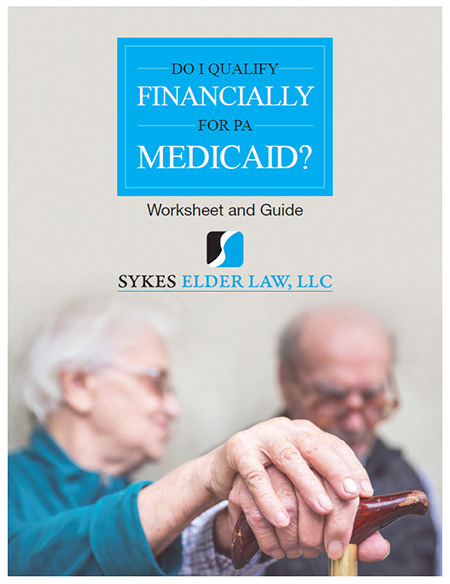Implementation expected in 2007
Pennsylvania officials recently announced plans to implement the new law on January 1, 2007. Beginning on that date, according to current plans, applications will be subject to new procedures, which are now being written by the Pennsylvania Department of Public Welfare.
One major issue is the treatment of gifts. Present plans are that in 2007, an applicant who has made a gift on or after February 8, 2006 will be subject to an ineligibility period that runs from the date the applicant would “otherwise be” eligible, not from the time the gift is given, if the resulting period of ineligibility extends into 2007.
For example, two applicants make gifts on September 15, 2006. The first gives away $20,000, and the second gives away $25,000. Both have spent down their resources, and meet other eligibility requirements, by January 15, 2007, at which time they both file applications.
The first applicant is approved for benefits because the period of ineligibility resulting from the $20,000 lasted about three months, expiring in mid-December ($20,000 ÷ $6,757.67 (monthly divisor penalty amount as of 7/1/06) = 2.96), prior to the January 1 implementation date.
The second applicant is denied benefits. This applicant would have qualified under the current rules because the ineligibility period resulting from the gift would have lasted less than four months, expiring January 5 ($25,000 ÷ $6,757.67 = 3.7 months), 10 days prior to application.
But, since the second applicant’s period of ineligibility extends past the implementation date of the new Act, this applicant falls under the new rules. That means the ineligibility period starts not when the gift was made on September 15, but rather, on January 15, when he became otherwise eligible but for the gift.
The second applicant therefore faces a 3.7 month period of ineligibility for benefits, but has no resources to private pay, unless the gift is returned or a “hardship waiver” is granted.
In future newsletters, we’ll explore how the new Act could affect other areas of Medicaid eligibility.
Is it constitutional?
Before you get too comfortable/uncomfortable with the new Act, consider that its implementation could be delayed, at the least, as a result of three separate lawsuits challenging its constitutionality. (The Act passed the two houses of Congress in slightly different forms.) If struck down by the courts, the new Medicaid provisions would have to be re-enacted before they could go into effect. It is not yet known when or how the courts may rule.





